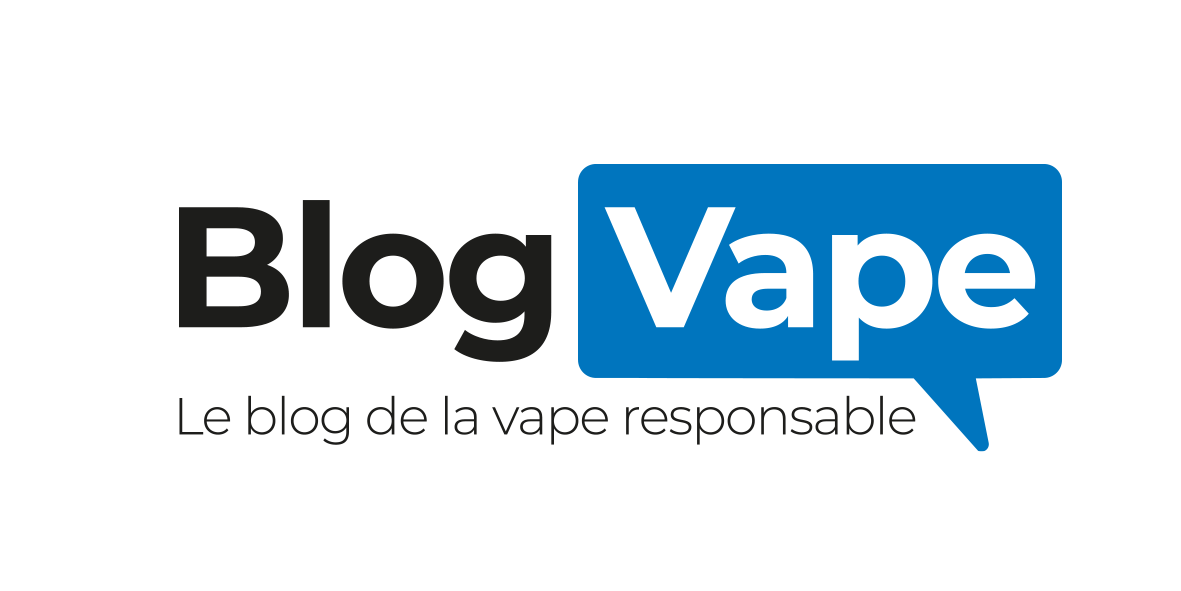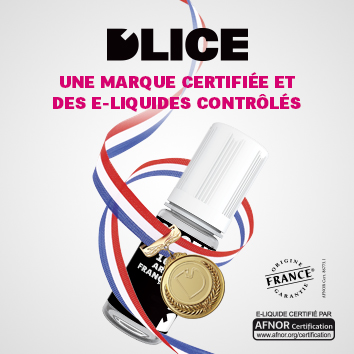Standoff between Philip Morris and the French government

For the past few years, the French authorities have decided to fight tobacco addiction. The weapon of choice: raise the price of cigarettes to encourage smokers to quit smoking. Starting on March 1, a new cigarette tax will mean packets currently sold at 7.30 Euros will now cost 8.30 Euros. As soon as this new decision was made, Philip Morris counter-attacked.

The American tobacco company announced a reduction of its profit margin to offer products costing around 8 Euros in France. The American company’s economic policy goes against the French government’s desire to reduce tobacco consumption in France. This decision will have major repercussions for the tobacco giant’s profits, as Philip Morris is the market leader.
 However, Philip Morris’ marketing strategy has led to discontent amongst other cigarette manufacturers. Indeed, packets of Marlboro will end up costing the same price as entry-level brands like Camel or Gauloise. The Japanese equivalent (Japan Tobacco International) and the French tobacco manufacturer Seita have decided to refuse the tax increase on their products, a strategic choice that may result in losing parts of their market share.
However, Philip Morris’ marketing strategy has led to discontent amongst other cigarette manufacturers. Indeed, packets of Marlboro will end up costing the same price as entry-level brands like Camel or Gauloise. The Japanese equivalent (Japan Tobacco International) and the French tobacco manufacturer Seita have decided to refuse the tax increase on their products, a strategic choice that may result in losing parts of their market share.
Smuggling: public enemy #1?
The tobacco industry has been experiencing major upheavals in recent years. Successive tobacco price increases in France have encouraged the development of a black market. By maintaining stable prices, Philip Morris is trying to limit the impact of cigarette taxes on consumer behaviour.
To effectively fight against Big Tobacco, the CNCT has stressed the importance of better controlling the sale of cigarettes in France. The CNCT is advocating for increased surveillance of tobacco products. Indeed, the purchase of cigarette packs is increasingly done outside of official distribution networks. The Big Tobacco lobbies are no strangers to the situation, and many manufacturers do not hesitate to flood border countries with cheap cigarettes, which are then purchased by smokers in France.






